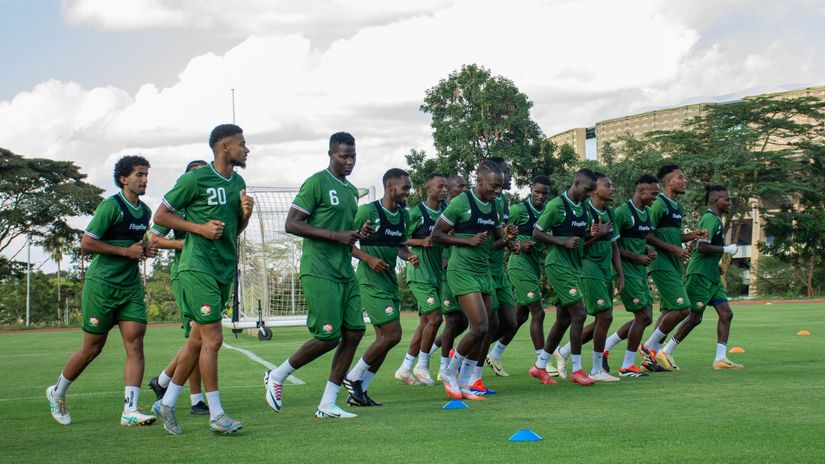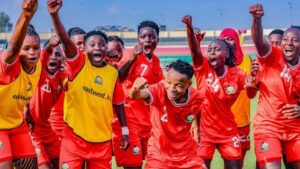
The integration of foreign-born players into Kenya’s Harambee Stars national football team has emerged as an ambitious yet frustrating endeavor marked by significant shortfalls in meeting expectations. Since Engin Firat’s appointment as head coach in 2021, there has been a concerted effort to recruit players of mixed nationality—those born or raised abroad with Kenyan heritage—aimed at elevating the team’s overall quality and competitive edge. However, despite calling up more than ten such players, the actual on-field impact and squad incorporation remain limited due to a series of bureaucratic and procedural hurdles.
One of the primary challenges lies in the complex process of acquiring essential documentation for these players, especially Kenyan passports, which are critical for eligibility under Fifa rules. The Directorate of Immigration and Registration of Persons in Kenya is responsible for processing these documents, but delays and difficulty in meeting all legal requirements have stalled several call-ups. For instance, notable players such as Zack Vyner and Tobias Knost missed key 2026 World Cup qualifiers because their nationality switch clearances and paperwork were not finalized in time.
Adding to the complication is the stringent eligibility criteria imposed by Fifa, which require players to be born in Kenya, have Kenyan parentage or grandparents, or to have lived continuously in Kenya for at least five years post-18 years of age. This leaves a subset of talented Kenya-rooted players caught in limbo, balancing the choice to represent Kenya internationally or remain aligned with the countries of their birth or upbringing, which often offer more seamless paths.
Moreover, the coaching philosophy behind including these foreign-born players stems from a perception that local leagues lack sufficient quality players to compete strongly at continental and global levels. While players like Jonah Ayunga have been successfully integrated and contribute, others struggle either to secure playing time at international matches or face fierce competition abroad, impacting their form and availability.
The integration strategy also requires patience and consistent nurturing from the coaching staff. Benni McCarthy, the current Harambee Stars coach, emphasizes the need to balance national team aspirations with the club commitments of players abroad, which further complicates scheduling and team cohesion. Additionally, there is a learning curve for both the foreign-born players adapting to the Kenyan football style and the locally based players adjusting to the evolving team dynamics.
In summary, while the attempt to incorporate foreign-born players into Harambee Stars reflects a forward-thinking and strategic vision to bolster the squad, the effort has fallen short due to administrative delays, eligibility complexities, and the intricate balancing of player development across continents. For the strategy to succeed, it demands streamlined bureaucratic processes, clearer pathways for nationality changes, enhanced engagement with players abroad, and longer-term patience from the federation and coaching staff to fully realize the potential of this integration.









